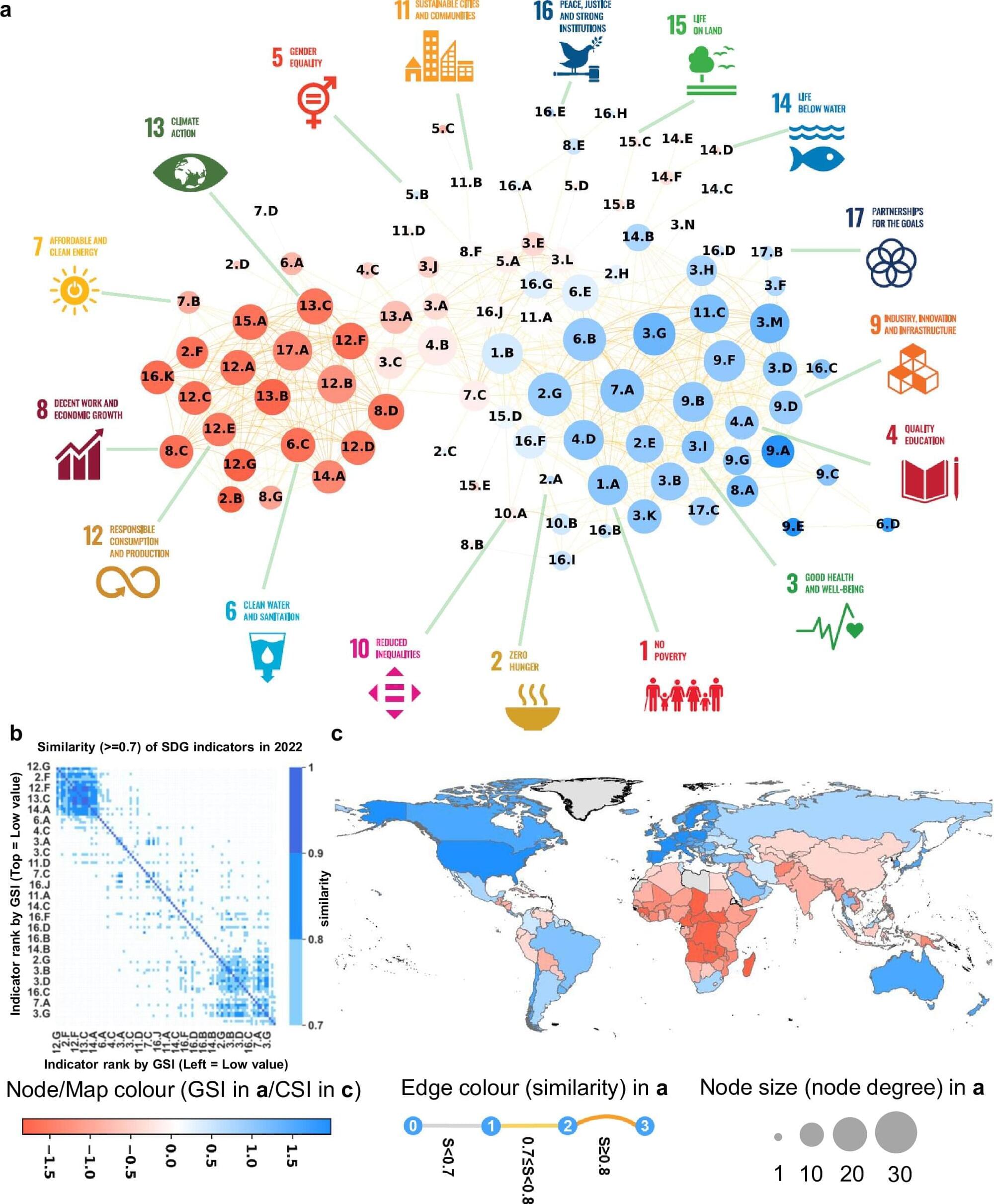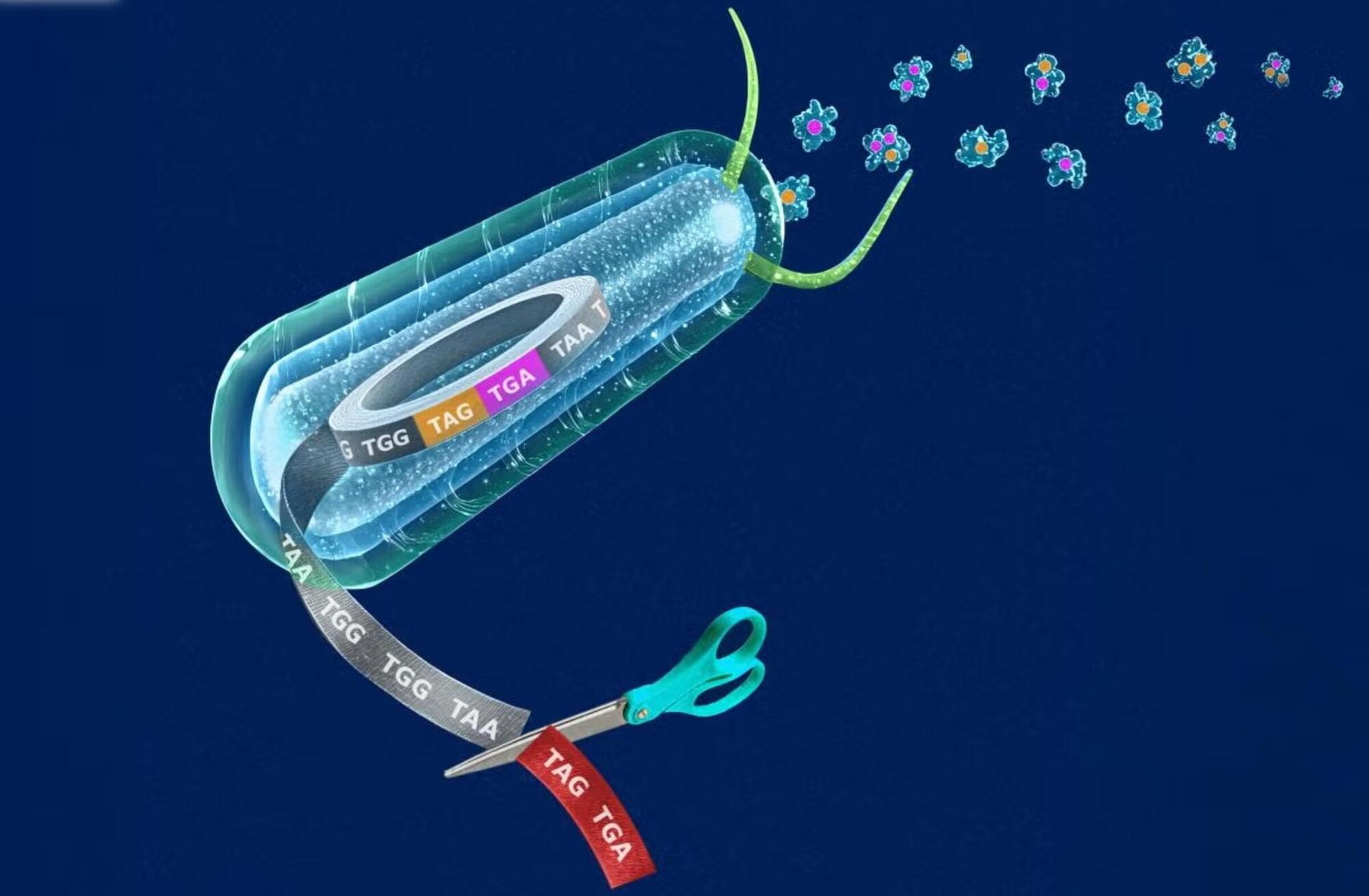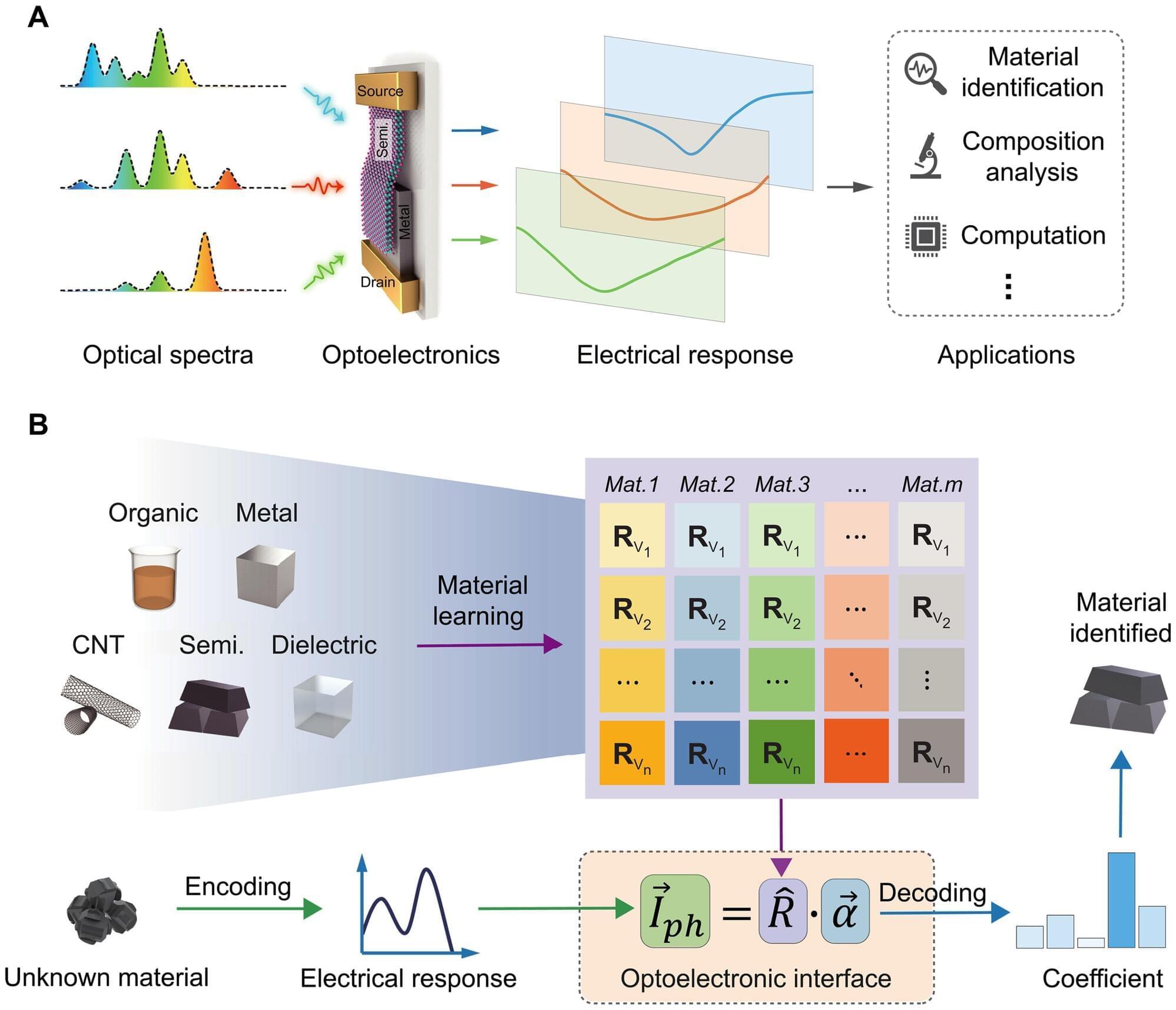The Sustainable Development Goals (SDGs) constitute the leading global framework for achieving human progress, economic prosperity, and planetary health. This framework emphasizes issues such as public health, education for all, gender equality, zero hunger, adoption of clean and renewable energy, and biodiversity conservation. Yet, despite this comprehensive agenda, questions remain about how different nations navigate their own paths toward these goals.
A recent study, published in Nature Communications provides insights into the trajectories of 166 countries as they have worked toward the SDGs over the past two decades.
By applying network analysis and the Product Space methodology, commonly used in the field of complexity economics, the researchers constructed the “SDG Space of Nations.” The elaborate model shows that countries do not simply march in lockstep toward sustainable development; instead, they cluster into distinctive groups, each with its own strengths and specializations, sometimes quite unexpected.






